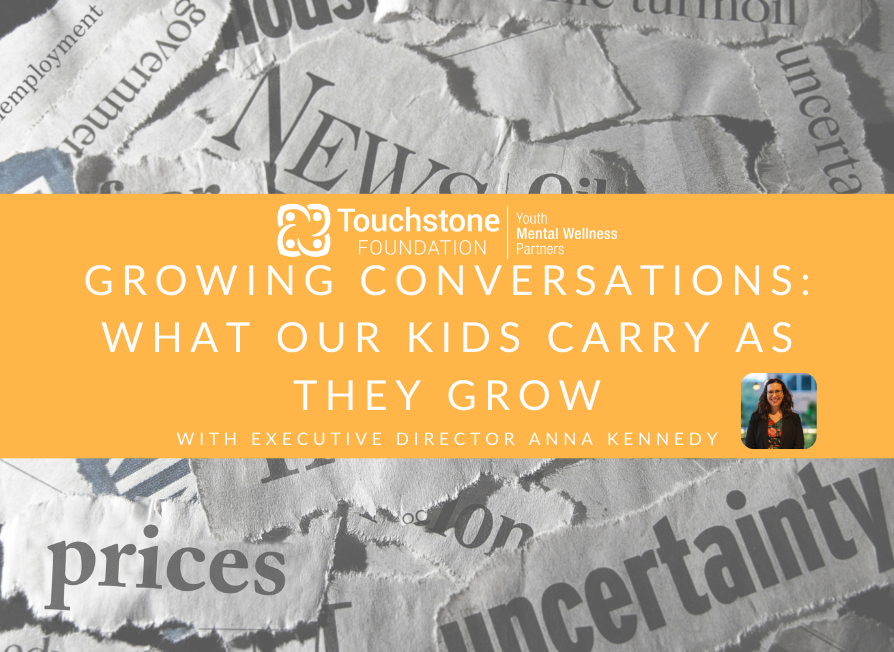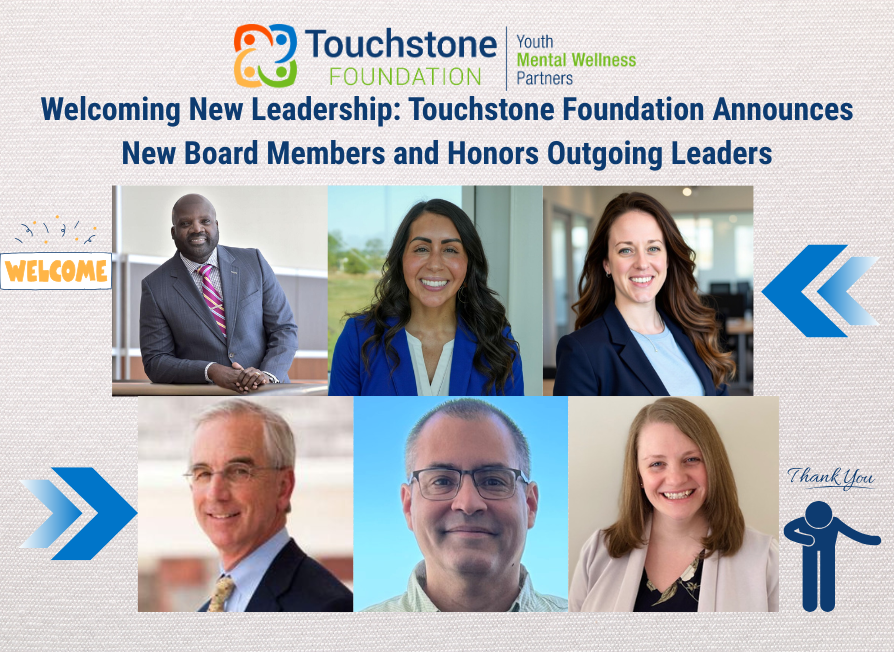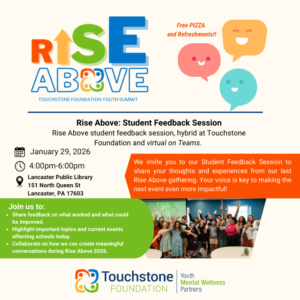LOHF recently convened a discussion with our grantees regarding access to mental health services for youth during their transition to adulthood. LOHF would like to fund programs to expand services to these transition-age youth. The group discussed questions such as:
- How can we help teens with mental health needs as they age out of child mental health services to become young adults?
- What special considerations should we keep in mind as we help teens and young adults navigate their needs for mental health care?
Answering such questions is significant because teens are receiving mental health services in a pediatric system designed for those under age 18. Once they turn 18, many teens must abruptly switch to the adult mental health system. Young people who lack adequate support to navigate the adult mental health care system overnight, often lose access to critical mental health care.
For our discussion, we referred to a recent LOHF blog post about transition age youth, and a summary of themes that emerged from a questionnaire used in the LOHF needs assessment. There are existing mental health services, but they target specific groups such as: teen parents, whole families, mental health court, and trauma-informed care.
What’s already in place
Programs in Lancaster County serving teen and young adult mental health needs include:
- CSG has had success by pairing education with fun, such as movie nights followed by a discussion, and a community garden.
- COBYS is starting a kinship information center to help families with workshops and a monthly support group.
- Children’s Behavioral Health Clinic, CHI-St. Joseph’s Health has a family-oriented coaching program that serves families in their homes. Staff educate families about nutrition, behavior management strategies, exercise, and family engagement. Private dollars fund the program.
- CAP provides a full-time parent navigator at McCaskey High School. It has launched a similar program with HACC with a crisis worker who can refer students to services.
- Teen ELECT wants to help school districts provide, or connect with, clinicians such as social workers.
- Teen Hope provides mental health screenings to high schools and middle schools. To identify students who may be experiencing depression or anxiety. It then connects the family to mental healthcare providers.
- COBYS will be training therapists in Eye Movement Desensitization & Reprocessing (EMDR), a proven treatment to help persons 18 and older heal from trauma. This is through a criminal justice grant, and they will work the mental health court.
More must be done
- This is collective impact work. We must find ways to connect services together. In a similar manner as the Let’s Talk collaborative, we must have a clear, concise focus and message to engage all partners with clarity.
- The solution requires strategic collaboration and a multifaceted approach. It requires community development and communication. We must work together to direct funds to create seamless transition for youth mental healthcare.
- We must gather data for how many transition-age youth receive mental healthcare and at what levels of care. LOHF welcomes program data from all of our grantees. We will synthesize this information beginning with a non-prescriptive white paper that provides clear vision.
Join the movement
In May 2018, we launched our Grantee Cohort Meetings with a discussion of ACEs & Trauma-Informed Care. We convene each spring and fall to share what’s working and discuss opportunities for future needs.
Please “save the date” for our next Grantee Cohort Meeting on Wednesday, April 3, 2019 from 8:00 am – 10:00 am, at LOHF.





